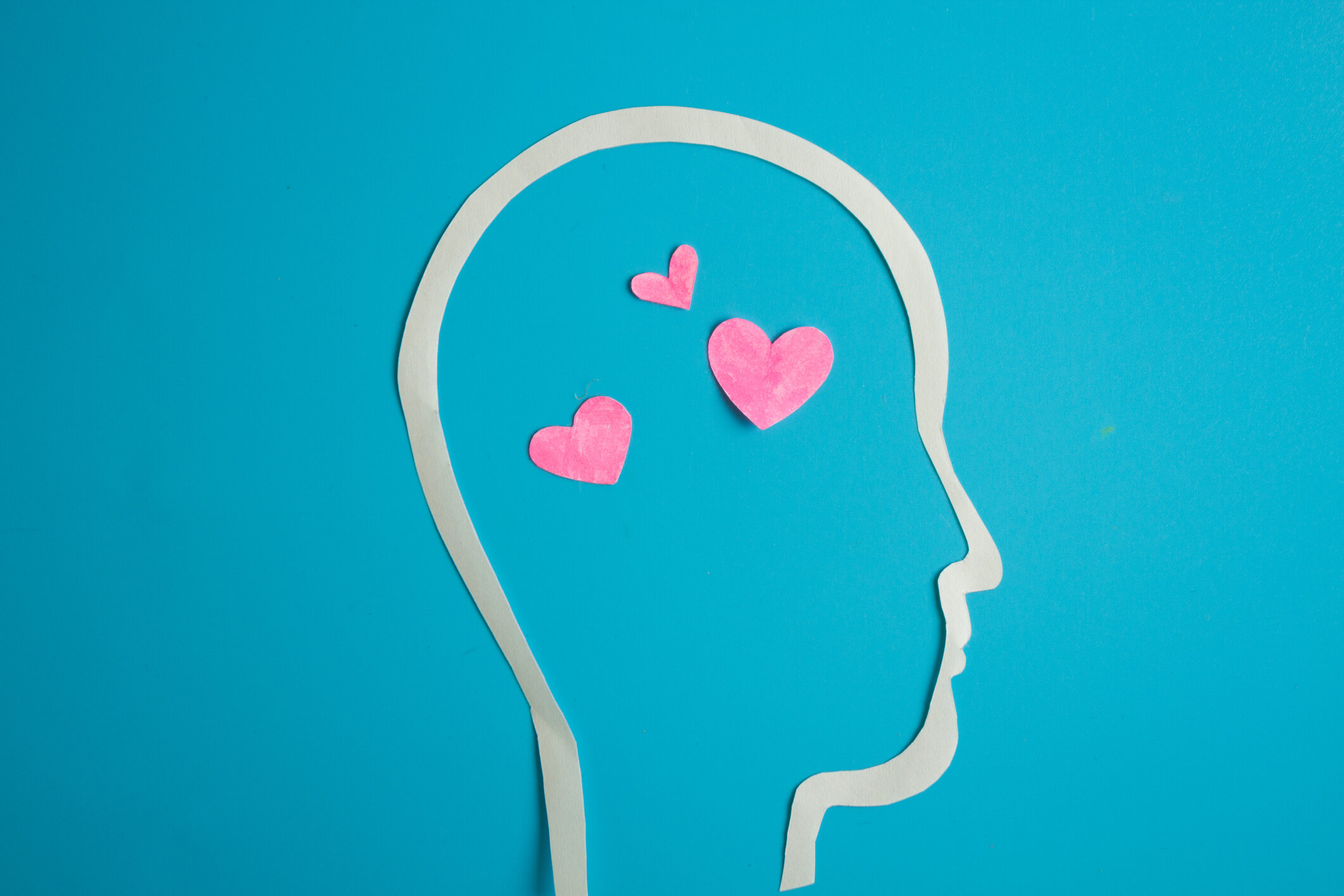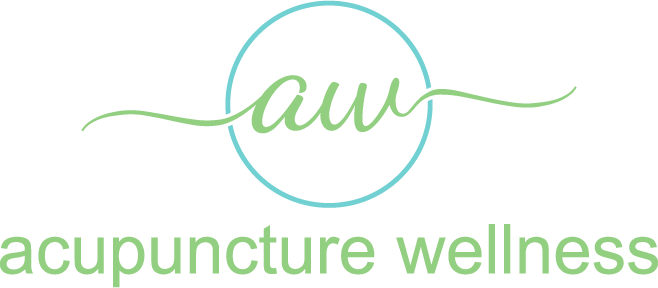
Grace Under Pressure
Rest, Digest, and Nest.
Living in the world brings endless exposure to bumps and bruises and thunderbolts. Nobody rides for free. But our bodies are hardwired with brilliant adaptive systems and a great measure of our overall health and our emotional resilience is how fast and how effective we respond and adapt.
So, what happens when the rate of change outpaces our ability to adapt? Today’s modern digital age is marked by too much change in too short of time. Add to that a pandemic where we had to learn to live without the support of partly or fully broken down systems, whether it is schools, or hospitals, or churches. Or whether it is the loss of family support or social rituals that we have relied on, too much change in too short a time is causing our evolutionary biology to short circuit.
It is throwing both our individual and our collective nervous systems out of balance.
From a simplified evolutionary perspective, we can speculate that our ancestors relied on the sympathetic nervous system to kickstart the neurobiological responses needed to hunt, gather, and ward off enemies. It is designed for our short term survival in acutely stressful situations. Conversely, the parasympathetic nervous system balances this drive. It compels our innate instincts to nurture close-knit bonds, to digest and procreate. Our cells regenerate and our bodies repair, grow, and heal with the support of our parasympathetic nervous system, nourishing our individual long term health and ensuring our collective long term survival.
Left unchecked, chronic stress increases your risk of developing insomnia, anxiety-disorders, depression, and chronic pain. Chronic stress exhausts us. It disrupts our mood and makes us unhappy. We catch every bug, and feel older than we should. Chronic stress robs our bodies of vitality. It inhibits digestion and turns off hormonal signaling. We lose the resilience needed to cope. It is no way to live!
Acupuncture and herbs are so inherently effective at treating stress and tension that even less experienced practitioners can treat these well. Put in the hands of an experienced practitioner it has broader implications. Debra works intentionally with specific frequencies that trigger your body unlock the exact neurotransmitter your brain needs to communicate with your nervous system.
When acupuncture starts working you feel as though your inner compass has reset. Your smile lingers. Unburdened by chronic stress, it can feel as though all of your senses got a tune up. The sky looks bluer, you hear the birds chirping a little louder, you literally smell the roses. You feel a greater willingness to listen and acceptance comes easier. Your mind and body are on the same team again.
Debra can help you.
Emotional Resilience The ability to accept, let go; having the bandwidth to understand your limits
Preventative Care and self care as a value and as a practice that allocates the body’s resources toward immune and hormonal health and away from disease states
Fight or flight response is essential for surviving a crisis, but no way to live. Debra can shift your nervous system into a parasympathetic pattern where you begin to repair, rebuild, regenerate, and carry out essential cellular maintenance
Burnout is not a medical condition but an occupational phenomena that results from chronic workplace stress
Insomnia Chronic sleep deprivation suppresses immunity
Depression and anxiety can be toxic disruptors to immunity and hormonal health
Heart break, grief, and loneliness can be toxic disruptors to immunity and hormonal health
Addiction Retrain the body to produce GABA neurotransmitters again
Digestion Shift priority back to digestion, away from a chronic state of emergency
Vagus Nerve Stimulation Inflammation is the central phenomenon in virtually all disease, from cancer to diabetes. Inflammation can be controlled through the vagus nerve, the body’s main “highway” of neural information that prompts and curbs inflammation.
Research shows that not only does acupuncture change the way your brain responds to pain, but it has a positive impact on your emotional wellness. Neurotransmitters, serotonin, and noradrenalin are all affected by acupuncture, which affect mood.

